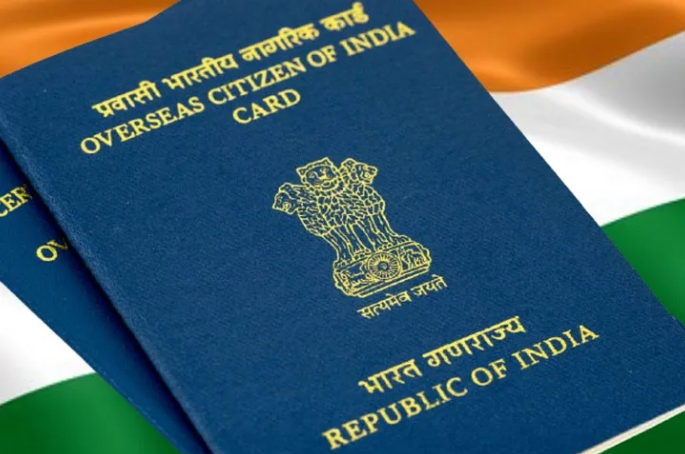Buddy Hive
3 min read · Jan 18, 2025
Overseas Citizenship of India (OCI) is a scheme introduced by the Government of India to enable individuals of Indian origin and their descendants to reconnect with their roots. While it doesn’t grant full citizenship, OCI offers numerous privileges that make it an attractive option for the Indian diaspora worldwide.

Eligibility Criteria for OCI
To be eligible for an OCI card, an applicant must meet one of the following conditions:
- Former Indian Citizens: Individuals who were citizens of India at the time of, or at any time after, January 26, 1950.
- Descendants: Children, grandchildren, or great-grandchildren of such a citizen.
- Minor Children: Minor children whose both parents are Indian citizens or one of the parents is an Indian citizen.
- Spouses: Foreign-origin spouses of Indian citizens or OCI cardholders, provided the marriage has been registered and subsisted for a continuous period of not less than two years immediately preceding the application.
Note: Individuals who have ever been citizens of Pakistan or Bangladesh, or their descendants, are not eligible for OCI.
Benefits of OCI
OCI cardholders enjoy several benefits, including:
- Multiple Entry, Lifelong Visa: OCI allows multiple entries and lifelong visa-free travel to India for any purpose.
- Exemption from Registration: OCI holders are exempted from registering with the Foreigners Regional Registration Office (FRRO) for any length of stay in India.
- Parity with Non-Resident Indians (NRIs) in financial, economic, and educational fields, including:
- Acquisition, holding, and disposal of immovable properties in India, except agricultural or plantation properties.
- Admission to educational institutions under the general category quota for NRIs.
- Eligibility for various housing schemes and economic activities.
Limitations of OCI
Despite the numerous benefits, OCI cardholders do not possess the following rights:
- Voting Rights: OCI holders cannot vote in Indian elections.
- Government Employment: They are not eligible for employment in the Government of India.
- Holding Constitutional Offices: OCI cardholders cannot hold constitutional posts such as President, Vice President, or Judge of the Supreme Court or High Court.
- Acquisition of Agricultural Land: They are not permitted to acquire agricultural or plantation properties in India.
Application Process for OCI
The application process for obtaining an OCI card involves the following steps:
- Online Application: Fill out and submit the online application form available on the OCI Services website.
- Document Submission: Provide supporting documents (proof of current citizenship, evidence of Indian origin, photographs) to the designated Indian Mission/Post or FRRO.
- Fee Payment: Pay applicable fees as per the instructions on the OCI Services website.
- Processing Time: Check the status of your application on the OCI Status Enquiry page, as processing times may vary.
Renewal and Miscellaneous Services
- Renewal: OCI cards are generally lifelong. However, it is advisable to renew the card each time a new passport is issued up to the age of 20 years and once after turning 50.
- Miscellaneous Services: For updates like change in personal particulars, loss/damage of OCI card, or other services, refer to the OCI Miscellaneous Services section on the official website.
Conclusion
The OCI scheme serves as a vital link between India and its diaspora, allowing individuals of Indian origin to maintain a close connection with their heritage. By understanding the eligibility criteria, benefits, and application process, potential applicants can make informed decisions about obtaining OCI status.
For detailed information and updates, visit:
Follow here for more updates: https://www.buddy-hive.com/